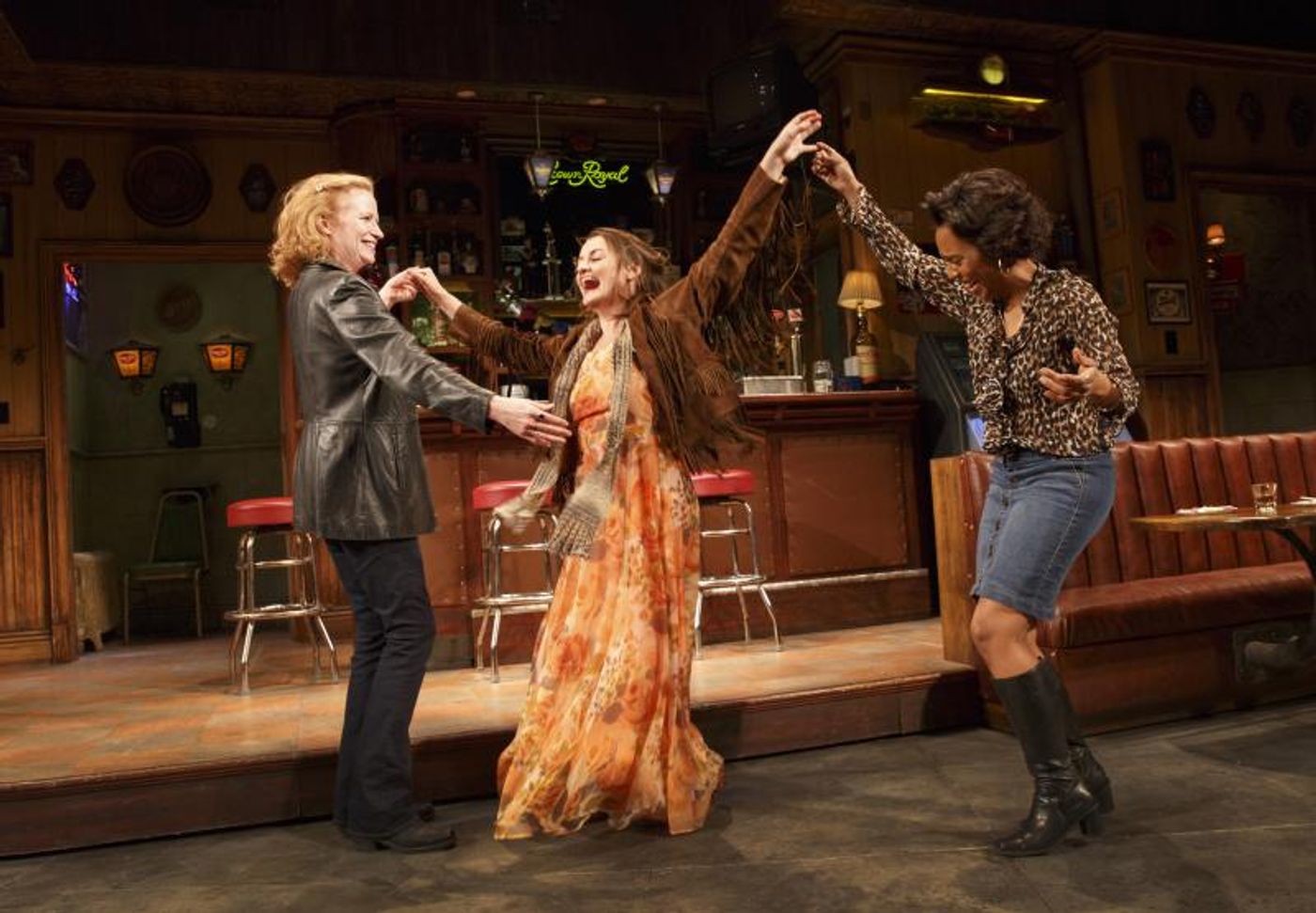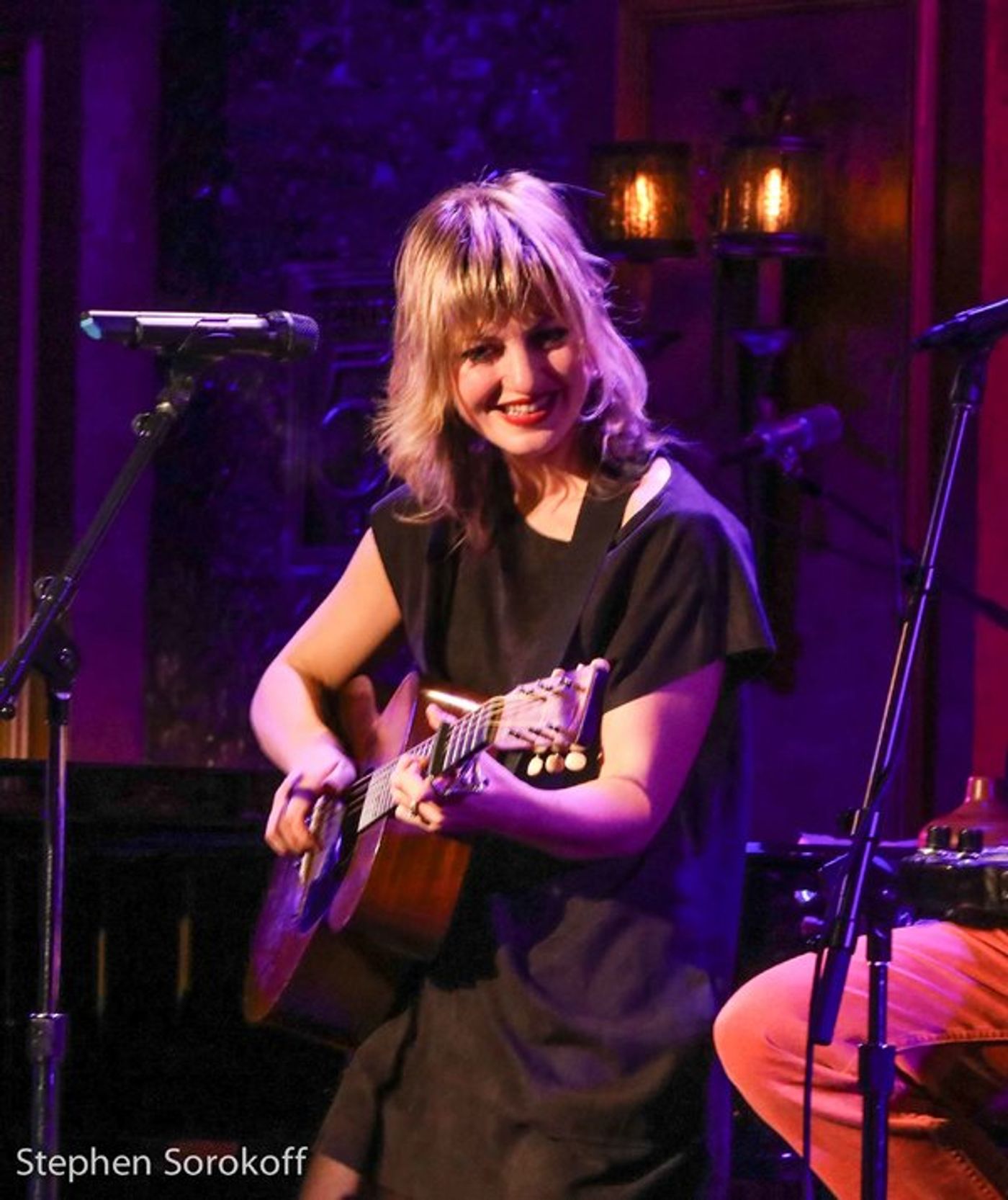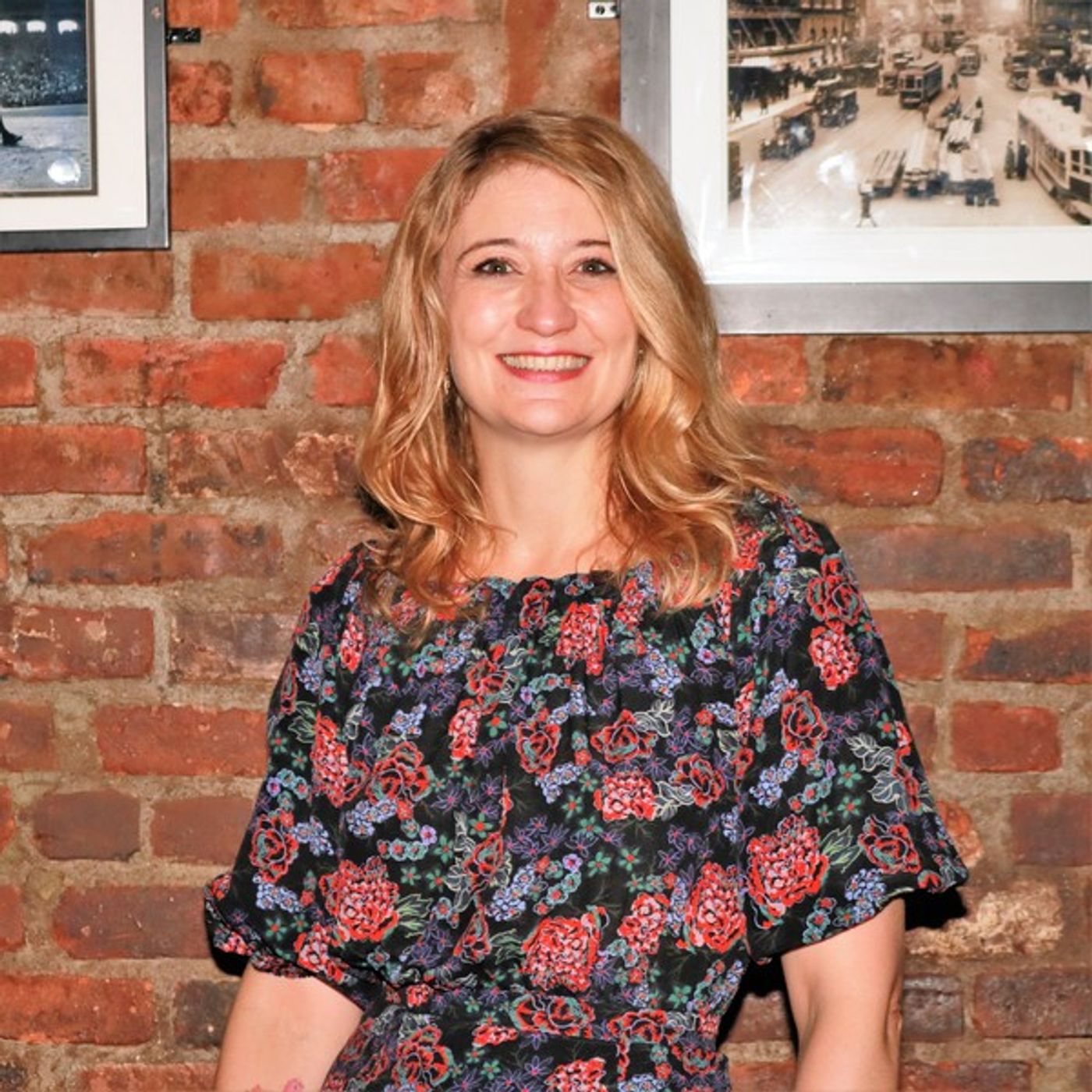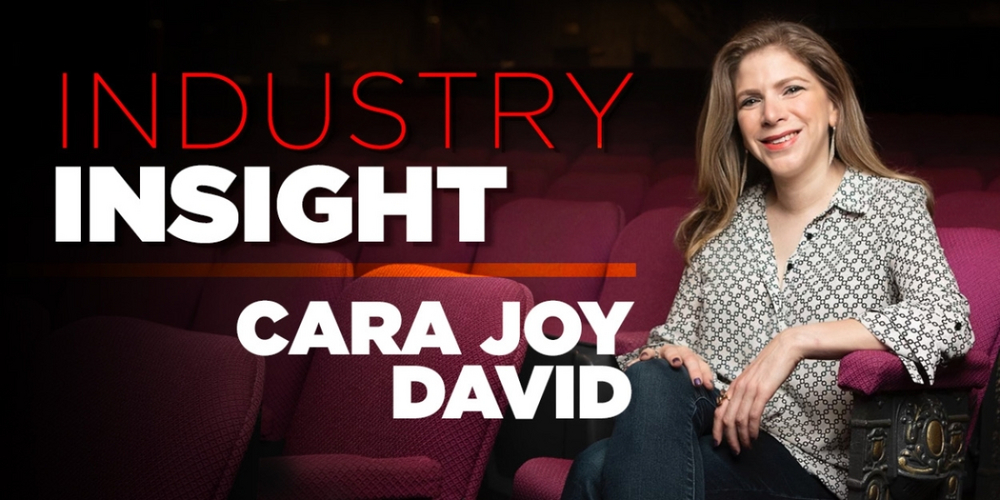Industry Editor Exclusive: Women Playwrights Make Inroads, But Broadway Still Eludes
We have a lot of new plays on Broadway this season. Thirteen are currently set. There are also seven play revivals. Two of the new plays were written by women--both produced by non-profits and both already closed. Not one revival is of a play written by a woman.
Of course, this is the same old story. I believe in choosing the best plays, irrespective of gender. In fact, I was one of the few people who wrote that I did not support the shaming of Manhattan Theatre Club that happened a few seasons back when it had not yet announced a play written by a female playwright. "MTC has a history of doing plays by women," I thought, "so it is not as if it is not generally committed to diversity." When the company announced a play by a woman for its final slot, I felt a little uncomfortable, as if the message to the world was that play (which I believe was likely selected before the uproar) was chosen only because it was written by a woman. But, nevertheless, even I am puzzled by why we cannot get more plays by women on Broadway.

After all, in this century almost every Pulitzer winner written by a man/men has either been on Broadway at the time of the win or transferred to Broadway shortly after. The women? Their plays haven't fared as well in terms of making it to the big show. Suzan-Lori Parks' TOPDOG/UNDERDOG and Lynn Nottage's SWEAT made the leap, but Nottage's RUINED, Quiara Alegría Hudes' WATER BY THE SPOONFUL, Annie Baker's THE FLICK and Martyna Majok's COST OF LIVING all played only off-Broadway (and other places, of course). Of those, Baker's THE FLICK had a commercial return engagement off-Broadway, but the others only played at non-profits in the Big Apple.
"Commercial producers are a small group and they look at what speaks to them," Kelli Lynn Harrison, Co-President of the League of Professional Theatre Women, said. "Those decision makers are still predominately white males and so we have to find a way of conversing with them to get them to look beyond what immediately speaks to them."
True to that, when you think of current Broadway female producers, likely only Daryl Roth comes to mind. There are definitely others, including lead producers on hit musicals, but they aren't as visibly associated with constantly shepherding works.
There are more women at non-profits and those in the industry believe inroads are being made at non-profits. Even with those inroads however, according to American Theatre Magazine's survey of 1,917 productions playing around the country in the 2017-18 season, only 26% of those plays were written by women.
In June 2014, the Los Angeles-based group The Kilroys started publishing a list of recommended contemporary plays written by female and trans identified authors. And the members of the group spoken to do believe they are making some progress at non-profits across the country, but it's not enough.
"I wish these marginalized voices wouldn't be slot fillers," said Kilroys member and playwright Monet Hurst-Mendoza. "American theater is this stringent adult and they give you a teething ring to stop you from crying and then eventually that is going to get warm."

The folks spoken to noted that women are making strides in musicals, writing more librettos. AIN'T TOO PROUD and HADESTOWN, both opening on Broadway this spring, feature books written by women. Indeed, one of Broadway's biggest success stories in recent years, WAITRESS, had an all-female creative team.
And women playwrights are increasingly getting to show their stuff at the non-profit level. "Non-profit theaters have a different relationships with the pipeline of artists than commercial theaters do and also answer to their board and ticket buyers in a different way," Harrison said. "So we've been able to see a pattern of sustained growth."
Harrison referenced off-Broadway's Atlantic Theater Company, which, according to her, has had increasingly diverse seasons that three years ago wouldn't have existed. But, again, many miles to go. The League of Professional Theatre Women, Women's Project and New Perspectives Theatre had launched a campaign a while back called "50/50 in 2020," hoping for gender parity by then. That won't be achieved. The League of Professional Theatre Women also recently launched a social media initiative entitled "#OneMoreConversation." According to the website: "#OneMoreConversation is a call to directors, artistic directors, producers, boards, and other decision-makers to have just one more conversation with a woman theatre artist or professional before making a hiring decision." Harrison said the program didn't push you into hiring a woman, but really was aimed at making sure women were being considered.
Director Jennifer Chambers, also a Kilroys member, echoed Harrison when she said, in her opinion, gender parity will not exist until we get people out of their "comfort zone." "It's easier to get a mediocre play written by a man on Broadway then it is to go to a 'riskier' fantastic play by a woman on Broadway," she stated. "Even to look at two revivals this season--TRUE WEST and BURN THIS--those are easy decisions. They're plays that are easy decisions." (I personally think a revival of Nottage's INTIMATE APPAREL would be an easy decision--an accessible play that could likely land some names--but I've heard NY rights aren't available because of the development of a musical version.)
Of course no one spoken to had a suggestion as to the exact way to go about changing the paradigm. Many people wished that a success by a woman playwright wasn't treated as such a novelty. In that way, perhaps media and marketing is to blame by making these works seem "other," leading them to not appear as safe choices. But that is all conjecture.

As of now, we won't see a Broadway play written by a woman this spring. However, there is hope. Rumor is Heidi Schreck's WHAT THE CONSTITUTION MEANS TO ME might play the Helen Hayes (though other entries are still in the running for the intimate house). If the Schreck play does move, it will be the third play by a woman to hit Broadway this season, up from two last season. Progress is progress.
"There is this thing that happens with gender parity that is cyclical," Harrison said. "Every 20 years, we have a 'Year of the Woman.' In some ways it isn't shocking to see there aren't women playwrights this year because the year of the women is over. That's extremely frustrating--we only tend to it when we are told to tend to it."
Videos


